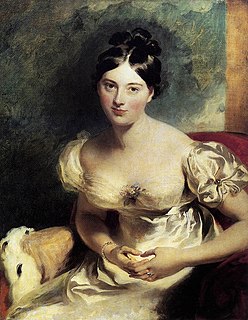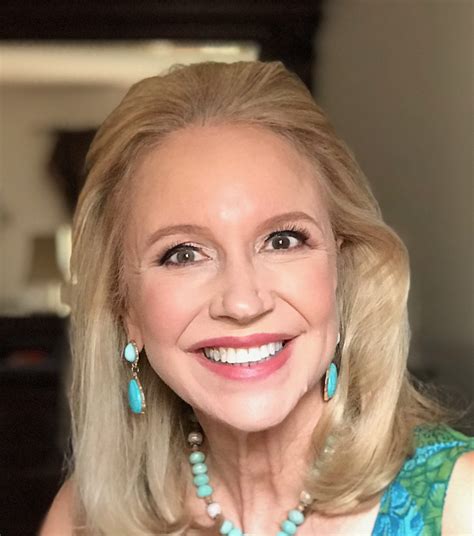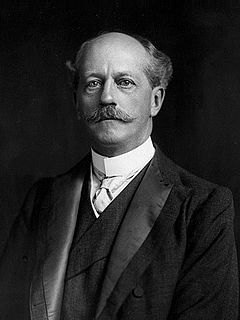A Quote by Vladimir Nabokov
A writer should have the precision of a poet and the imagination of a scientist.
Quote Topics
Related Quotes
The inimitable writer Maxine Hong Kingston published a book in 2002 with the title To Be the Poet. However, in contrast to the transformatory distinctions Kingston makes between the conditions of being a prose writer and "the poet," my multigenre impulses incline me to a broader transformation: to be a writer.
A scientist with a poet's command of language, Cristina Eisenberg writes with precision and passion . . . takes her reader on a breathtaking, sometimes heartbreaking tour of the planet from the Gulf of Maine to the Amazonian rain forests, the tropical coral reefs to old growth forests of the Northwest as well as rivers, lakes, and wetlands. I found the wealth of information not only accessible but riveting . . . Eisenberg's powerful, beautifully written book . . . has the potential to open many people's eyes, minds, and hearts.
The scientist is not responsible for the laws of nature. It is his job to find out how these laws operate. It is the scientist's job to find the ways in which these laws can serve the human will. However, it is not the scientist's job to determine whether a hydrogen bomb should be constructed, whether it should be used, or how it should be used. This responsibility rests with the American people and with their chosen representatives.
Creativity has three layers; the ultimate is the mystic: he lives in a climate of creativity. The poet, once in a while, brings some treasures from the beyond; the scientist, also very rarely, but whenever he can visit the ultimate he brings something precious to the world. But one thing is certain - mystic, scientist or poet, whatsoever comes into this world comes from the beyond. To bring the beyond is creativity. To bring the beyond into the known is creativity. To help God to be manifested in some form is creativity.
Imagination is as vital to any advance in science as learning and precision are essential for starting points. Let me warn you to beware of two opposite errors: of letting your imagination soar unballasted by facts, but on the other hand, of shackling it so solidly that it loses all incentive to rise.
I always wanted to be a scientist. I don't really have any writer friends. The process of being a writer is much more interior than being a scientist, because science is so reactionary. I think that all research scientists think of themselves as belonging to a grand tradition, building on work that has been worked on since the very beginning of science itself. Whereas I'm not sure writers think of themselves in the same way.







































